-
Composer
- Commissions, Awards, Collaborators & Typesetting
- Downloadable Choral Music (Church) >
- Downloadable Instrumental Music (Church) >
- Published Choral Music (Church)
- Downloadable Choral Music (School & Community) >
- Published Choral Music (School & Community)
- Downloadable Instrumental Music (School & Community)
- Downloadable Vocal Exercises
- Hymn Writer
- Teacher
- Minister
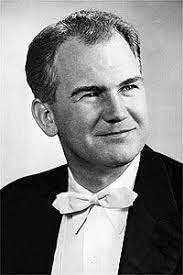 Driving a bright red sporty car, a New Yorker arrived at Oklahoma Baptist University in 1936 to become at the time the youngest college dean in America. In 1977, wearing a bright red jogging suit, he leaped onto the chancel in B.B. McKinney Chapel at Oklahoma’s Falls Creek Baptist Assembly. It was there I first experienced Warren Matthewson Angell, a whirlwind of a conductor, composer, and educator. Disregarding an age requirement, at age eleven I had sneaked into the chapel to sing in the Falls Creek Choir, not knowing my subversive act would introduce me to someone who would forever influence my life and work. I eagerly returned each summer to learn from him. With effective teaching, inspiring words and expressive conducting, he revealed to me the power and beauty of the choral music experience. He had been instrumental in developing the concepts and curricula for music ministry among Baptists, and I knew in those summers before college that I wanted to attend his college of fine arts. Though retired by the time I arrived at his namesake, “Warren M. Angell College of Fine Arts" at OBU, I was overjoyed during those years to develop a relationship with "Dean" Angell (as he was called even past retirement). In college I sang in the university's Bison Glee Club he founded, and was selected by him to sing in the Club's "Fallen Angells" Quartet which rehearsed in his home. I gleaned from his work by attending local choral workshops he led, and reveled in his storytelling during several dinner opportunities together. During a Bison Glee Club alumni tour to Hawaii, I was fortunate to be his roommate, providing an extended opportunity to pick his brain on all things church music. He attended my senior composition recital, and while in seminary, I was delighted to attend the university's celebration of his 50th year since arriving at OBU. When serving as a Minister of Music in South Carolina, I was thrilled to host him in concert and worship at two churches and visit him in his Black Mountain, North Carolina, home. Through the years we corresponded through postal mail where he continued to offer his advice and encouragement. As a music theory and composition major I was keenly interested in Dean Angell's compositions, and we had discussions on the compositional process. He was a prolific composer and arranger of choral, congregational and keyboard music, and was known to dedicate some of his works to friends and students. In 1999, preparing to depart Greenwood, South Carolina, after visiting my family for what would be the last time, he said to me: "If there's anything I can ever do for you...." and, leaving his statement open-ended, I responded: "Just 16 bars!” Though the conversation went no further, he knew exactly what I meant, and several days later I received in the mail a composition for piano! The title was also the dedication:"16 Bars for Larry, Cindy, Kelly & Ryan." In addition to all I had learned and received from him since I was eleven, I was filled with gratitude that the 92-year-old composer had granted my wish! The piano piece (exactly 16 bars) is "classic Angell" in its melodic and harmonic expression. Knowing a bit about his creative process, it seems he conceived the rhythmic motion of the melody by mimicking the two-syllable names of each person in my family. Ever the educator, the final chord of the composition is indicated on the score by him as a "chime,” calling attention to the keyboard properties and harmonic structure he used to produce that particular effect. At the end of the hand-written manuscript dated 9-11-99, is a personal message, revealing the Dean’s characteristic sense of humor. The composition’s tempo marking includes the added instruction: “with feeling” - indicative of how Warren Angell approached music and life. 16 Bars for Larry, Cindy, Kelly & Ryan Piano Composition by Warren Angell Music © 1999 Warren M. Angell. Recording:
16 Bars for Larry, Cindy, Kelly & Ryan Composed by Warren Angell Performed by Larry E. Schultz Many individuals, including myself, consider Warren Angell a mentor. His legacy continues in ministers of music, church musicians, educators, choral conductors, composers, and in persons in professions other than music. I'm thankful for his long and productive life (1907-2006) that brought instruction and inspiration to many! In 2012, a text by my collaborator, Jann Aldredge-Clanton, seemed especially appropriate for me to compose as a choral anthem in memory of Dean Angell. Gathered Here to Share Our Music celebrates diverse humanity and the power of music that Warren Angell knew could transform the world. An Interview of Warren Angell Produced in 1987 by the Radio and Television Commission of the Southern Baptist Convention 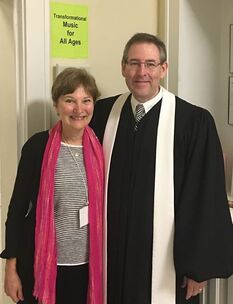 Years after being influenced and inspired by the work of hymn poet, Brian Wren (see previous blog post), I met Jann Aldredge-Clanton with whom I have collaborated since 2001. Jann is a minister, author, English professor, lyricist, hymn poet, hospital chaplain and feminist theologian (quite qualified to write effective and prophetic words for the church!). In the spring of that year, I heard Jann offer the Covenant Address for the Alliance of Baptists Convocation. She powerfully encouraged congregations to discover and reclaim images of the Divine Feminine – and to sing them in worship. She underscored the biblical foundations and the many reasons to sing of God as “She” and “Her” – not the least of which was to liberate all from oppressive patriarchy and to exclaim the truth that females are in the Divine Image. Several months after hearing Jann’s address, I became Minister of Music for Pullen Memorial Baptist Church, Raleigh, NC. With her words still ringing in my ears and a congregation eager to sing of the Divine Feminine, I reached out to introduce myself to Jann. Revealing I was a composer, I asked if she had any texts I could set to music. On September 11, 2001 (a morning that was met with unspeakable tragedy), I discovered an email from Jann that included a hymn text for me to set. The text she sent, “Are You Good and Are You Strong?” was a theodicy (questioning the presence of goodness in midst of evil). The words were unbelievably timely and cathartic for the particular day on which I received them. A musical, curriculum, anthems, 5 song collections and 378 hymns later, Jann and I are still collaborating! Though I have provided new tunes and arrangements for many of Jann’s hymns, I have typeset all of them for our collections, and in doing so, have continued to be a student of her ministry. Works by Jann Aldredge-Clanton & Larry E. Schultz Feminist theology, like other specific theologies, intersects with many areas of thought, study, concern and celebration. The works Jann and I have created together support these areas and engage justices of all kinds – from gender and racial to economic and ecological. With ever-evolving language, we seek to provide words and music for worship that uplift all persons of innumerable and wonderful descriptions.
In 1989, renown hymn poet, Brian Wren, led a conference at Southern Seminary. The weekend event turned out to be an educational and experiential milestone for me that included an unexpected celebration. At the conference’s opening event we sang from Wren’s brand-new collection, Bring Many Names,[1] .and my experience with the metaphorical language of worship was forever changed. For the first time I joined my voice with a gathered congregation to sing of the Divine Feminine. I was deeply moved when singing Wren’s hymn texts that imaged God as “Mother” and “Sister.” This was most likely due to my being the only son in my family raised by a strong mother and three older sisters, along with my caring father. Until that time, the hymns of my church experience were dominated by patriarchal language. That evening I realized with conviction that the words we sing either oppress or uplift humanity. With eagerness to learn more, at a reception that followed the hymn-sing I excitedly purchased Wren’s new book, What Language Shall I Borrow? God-Talk in Worship: A Male Response to Feminist Theology.[2] The understanding and inspiration gained from this book would prove to be incalculable in my life and work. 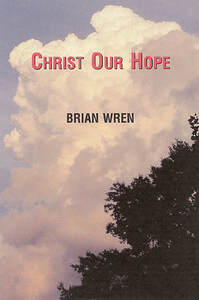 Dr. Wren inscribed the book’s flyleaf for me and my wife: “Signed on a night of good news! Cindy & Larry Schultz, Shalom! Brian Wren 22/9/89.” His inscription details memorable things about that night. The date commemorates that my wife and I had been married for just over 3 months, and this was the first professional event we eagerly attended as a married couple. An added joy for us was that the conference was held in the school’s music building connected to the seminary chapel where we had met three years earlier and where our wedding service had recently taken place. Wren’s “night of good news” inscription refers to the fact that when walking into the reception, my hymnology professor, Dr. Hugh McElrath, came to me to shake my hand and say: “Congratulations on your hymn making it into The Baptist Hymnal (1991)!” "What!" I joyfully exclaimed. (Dr. McElrath, who was on the hymnal’s committee, did not realize I had not yet heard that a hymn text I had written for his class[3] was going to be included.) Still on an emotional high from singing the hymns of Brian Wren, I was overjoyed to hear that my first hymn would be published. As news of this surprise spread around the room, the congratulations of many friends grew to become a large group hug that moved around the room reminding us of the last scene of The Mary Tyler Moore Show! With his congratulations, Dr. Wren also asked me to send him a copy of the hymn for review. As he traveled home following the conference, he kindly composed a letter of suggestions and encouragement regarding the hymn and my writing. Everything about that evening was exciting and memorable. It was indeed a “night of good news” in many respects, including my awakening to the good news of feminist and intersecting theologies in my own ministry. This experience was foundational to my creative work that would follow, including my connection and collaboration with feminist theologian, Dr. Jann Aldredge-Clanton, which I celebrate in the next blog post. Epilogue: After my initial introduction to Brian Wren at the Southern Seminary conference, I was fortunate to learn from him at two other conferences during my early years in church music ministry. In 2003 it was a dream-come-true to have the opportunity to compose music for one of Brian Wren's hymn poems, "The Name We Have Begun to Know." My congregation, Pullen Memorial Baptist Church, Raleigh, NC, hosted Dr. Wren for a weekend conference and commissioned from him this interfaith text for which I provided the tune, LOVE-SONG. It is published by Hope Publishing in Wren's hymnal, Christ Our Hope, and was included in a recording of selected hymns from the collection.[4] Hymn Score and Tune Recording:
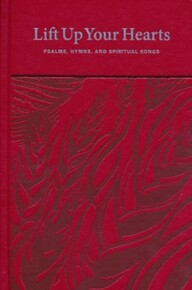 In 2011 I was thrilled to win a hymn tune contest sponsored by Faith Alive Christian Resources for Wren's text, "We Are Your People." The publisher coupled the text with my tune, SPIRIT-PRAYER, in the Lift Up Your Hearts hymnal, a joint publication of the Christian Reformed Church in North America and the Reformed Church in America. Hymn Score and Tune Recording:
[1] Hope Publishing Company, 1989.
[2] Crossroad, 1989. [3] “O God We Ask for Strength” (Hymn 498, The Baptist Hymnal, 1991). [4] Selections from Christ Our Hope CD recorded by the choir of Armour Heights Presbyterian Church, Toronto, Ontario, Canada, |
AuthorLarry E. Schultz is a Minister of Music, composer, hymn writer and teacher. Archives
July 2023
Categories
All
|
||||||||||||
Copyright 2024 Larry E. Schultz. All rights reserved.
-
Composer
- Commissions, Awards, Collaborators & Typesetting
- Downloadable Choral Music (Church) >
- Downloadable Instrumental Music (Church) >
- Published Choral Music (Church)
- Downloadable Choral Music (School & Community) >
- Published Choral Music (School & Community)
- Downloadable Instrumental Music (School & Community)
- Downloadable Vocal Exercises
- Hymn Writer
- Teacher
- Minister


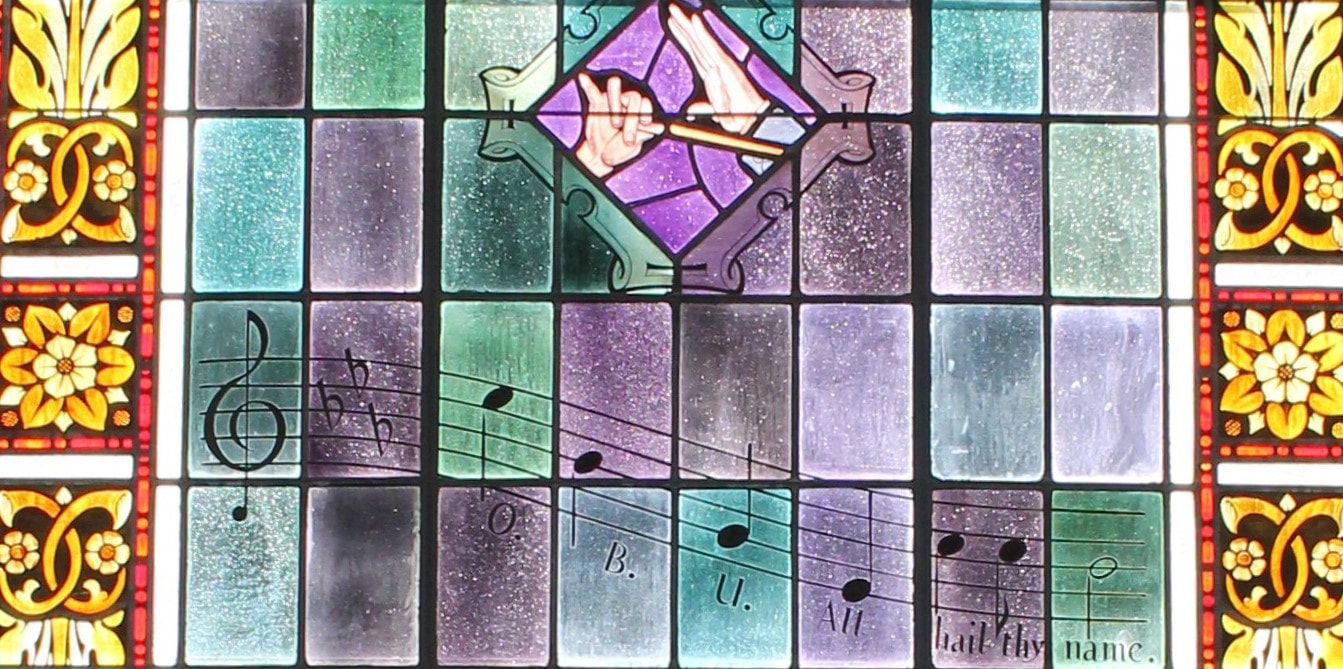
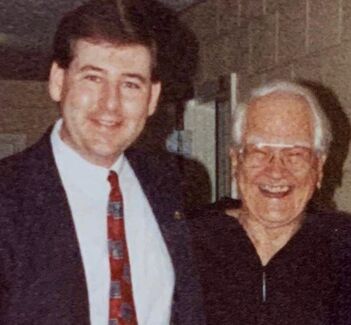
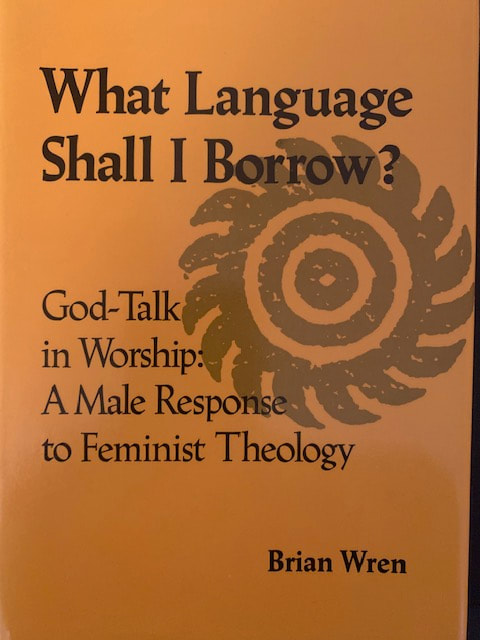
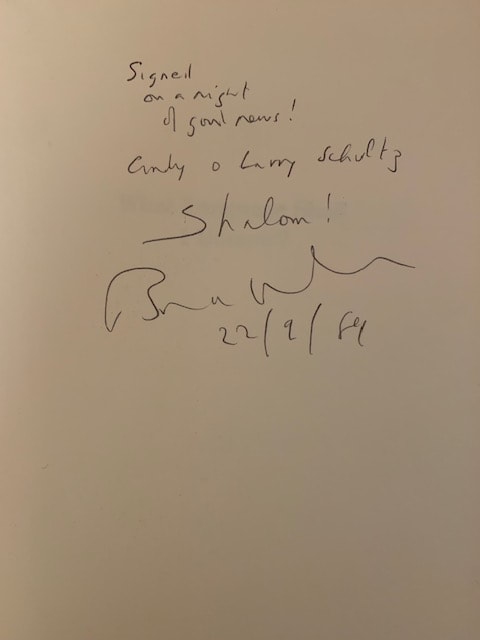
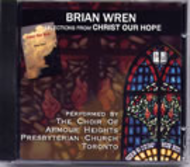
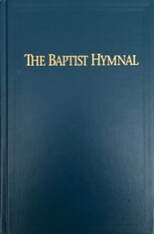
 RSS Feed
RSS Feed